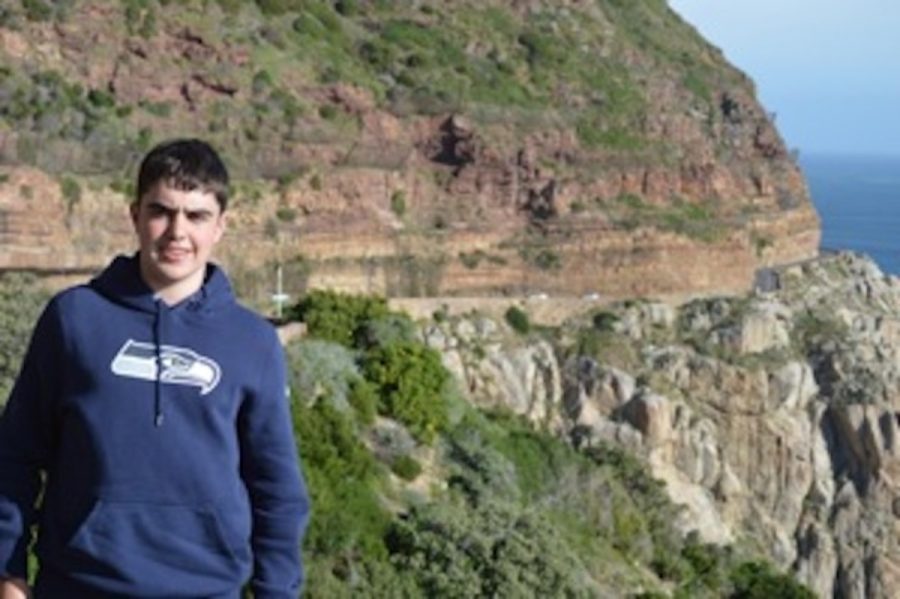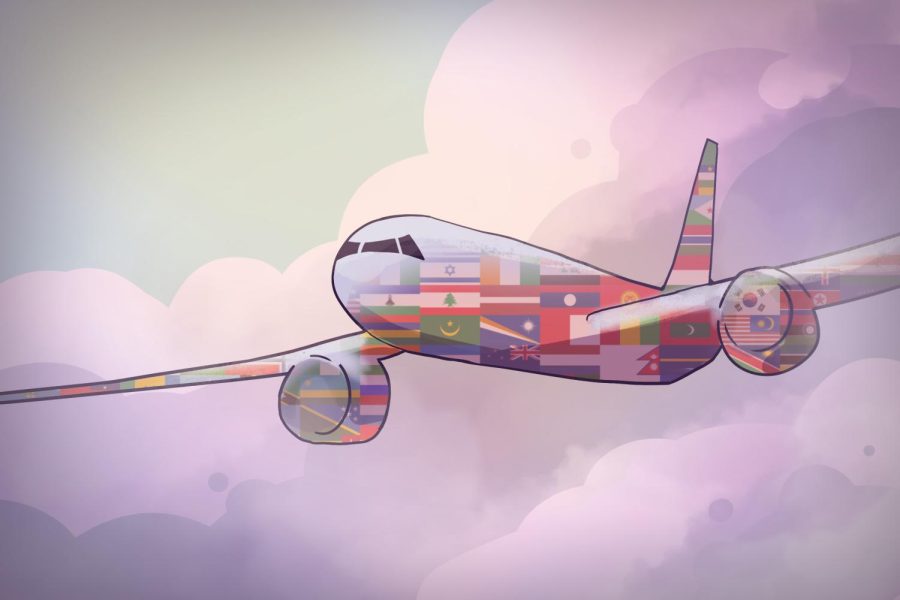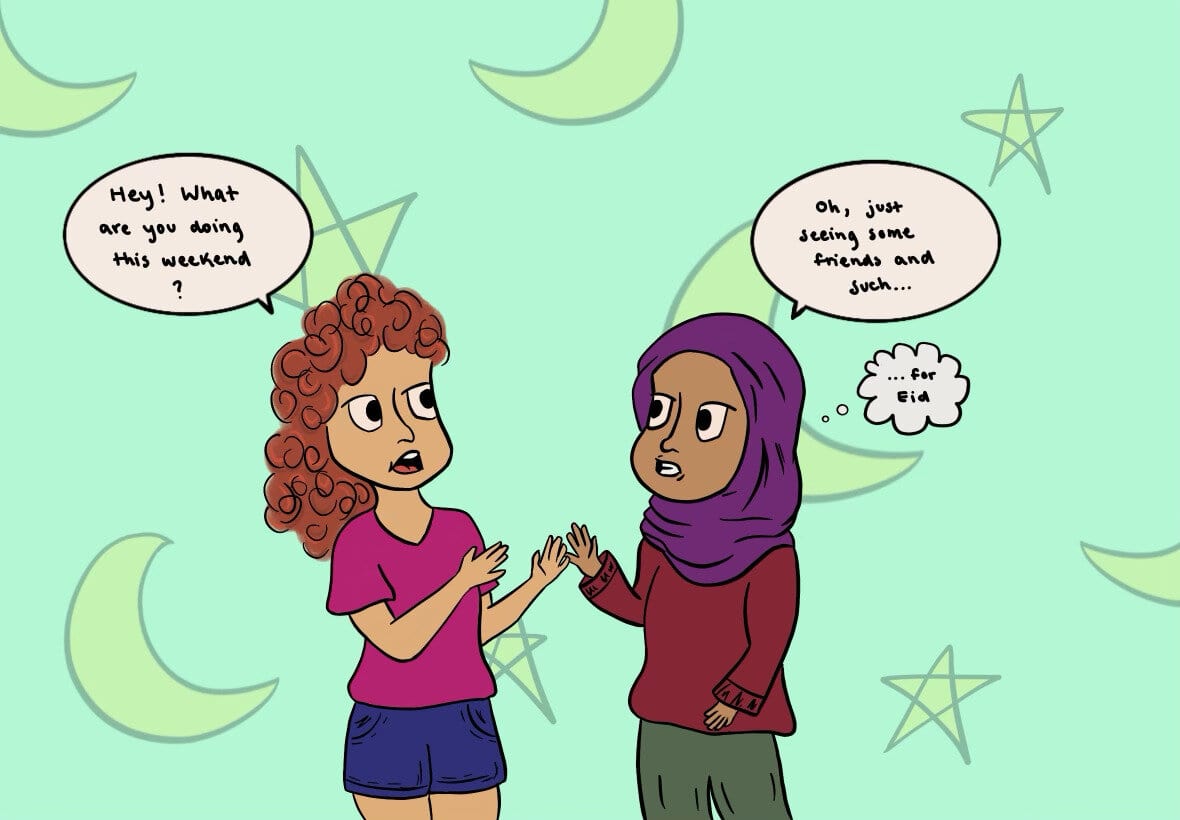Junior Scott Singer is currently in Cape Town, South Africa, on a four-week exchange trip with Rondebosch Boys’ High School. Singer is blogging for the Black & White about his experience.
On this day 95 years ago, Nelson Mandela was born in the British colony of South Africa, a country looking for an identity apart from England. Today, millions around the world honor the man who brought peace and equality to “the rainbow nation,” as he remains in critical condition in Pretoria.
Over the past five days, I have had the opportunity to gain insight into the country that Mandela has fathered for years. The progress that the country has made would have seemed unimaginable only a few years ago.
My class at Rondebosch is one of the first to not have lived during the apartheid era. However, reminders of its destructive policies are prevalent throughout school and everyday life.
The apartheid, a South African social policy that segregated whites and non-whites, was an effort by the minority Afrikaner (South African of Dutch origin) government to maintain control of the other races. The policies have been compared to Jim Crow laws in the 19th and 20th centuries.
In history class, we analyzed photographs to get a better look at the impact of the apartheid on the non-white community. One image showed a Black man sprinting while holding his dead friend. Another illustrated the poor living quarters, insufficient clothing and devastating poverty that mark much of the continent today.
The images bring to mind the brutality with which whites treated African Americans prior to and during the Civil Rights era. But the apartheid movement only achieved justice 20 years ago in 1993.
With his country on the brink of civil war after the end of the apartheid, Mandela advocated for peaceful reconciliation with those who had inflicted decades of pain and punishment upon him. He established successful trade relations with countries around the world that had sanctioned South Africa during the apartheid. He set up a country with amazing potential for future success. Based on his actions and success, Mandela could be considered a mix between George Washington and Abraham Lincoln.
President Mandela is beloved by people of all races in South Africa; the non-whites applaud his work in exterminating apartheid policies, and whites enjoy a new and united South Africa.
Although the country has made tremendous strides, there are still lingering effects of apartheid. In Afrikaans class, the teacher played a video entitled “Afrikaaps,” a tribute to the Cape Town dialect of Afrikaans spoken predominantly by the Colored population and its struggle to gain recognition by the rest of the country. The video explains how the language was frowned upon by outsiders, despite its critical role in Capetonian culture. Eliminating such apartheid-reminiscent thinking is high on the non-whites’ agenda.
Today, the school held an assembly to honor Mandela. School headmaster Shaun Simpson acknowledged Mandela’s achievements, as the entire school sang the former President “Happy Birthday”.
While addressing the school, the headmaster told the students that in the future, people will ask about this day as they did when American President John F. Kennedy was assassinated, or when the twin towers were attacked September 11, 2001.
Rondebosch and other South African schools dedicate 67 minutes of service to honor each of the 67 years Mandela was in the public eye fighting apartheid policies. Simpson encouraged the students to spend the 67 minutes learning, giving back to the community, or doing something as simple such as—in true Mandela fashion—smiling.
As Americans, we often take for granted freedom and justice. We should thank this living legend on his birthday for all he has done to protect and remind us of the sacredness of our own American values: democracy, equality and peace.









